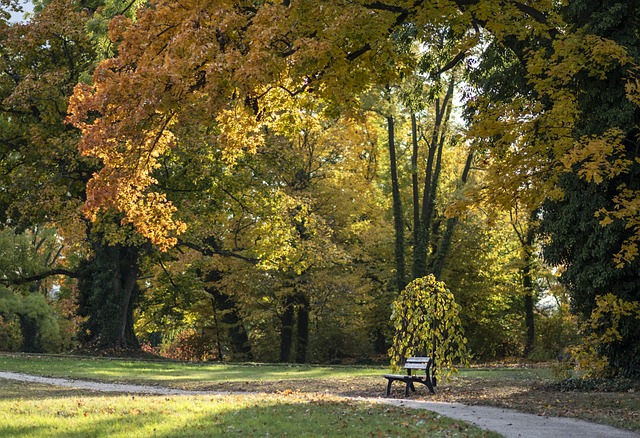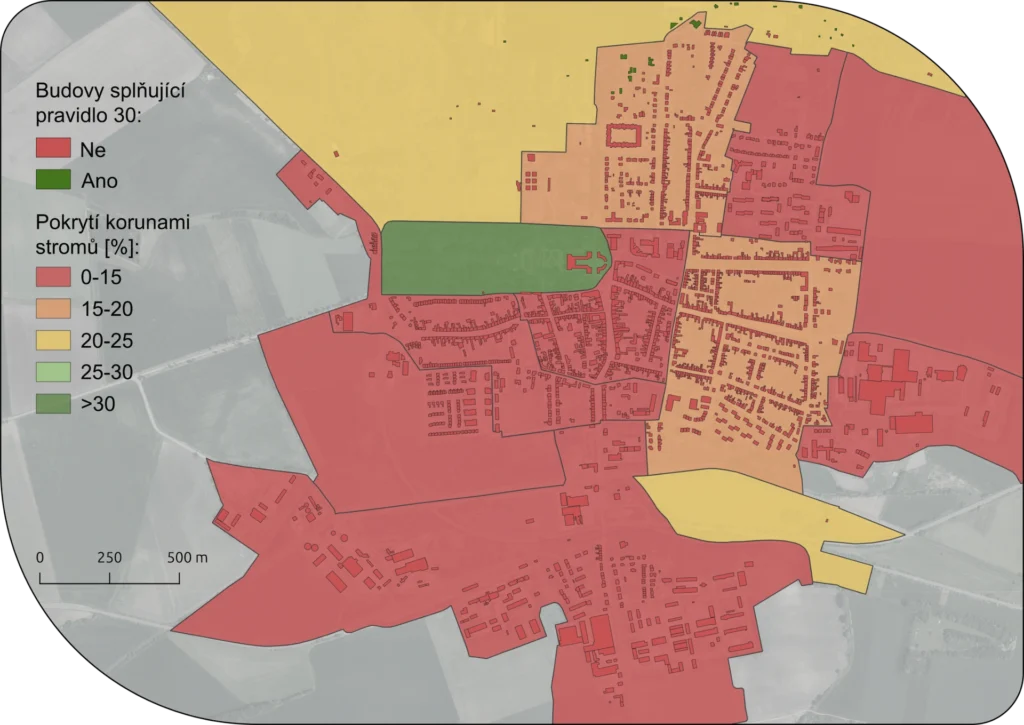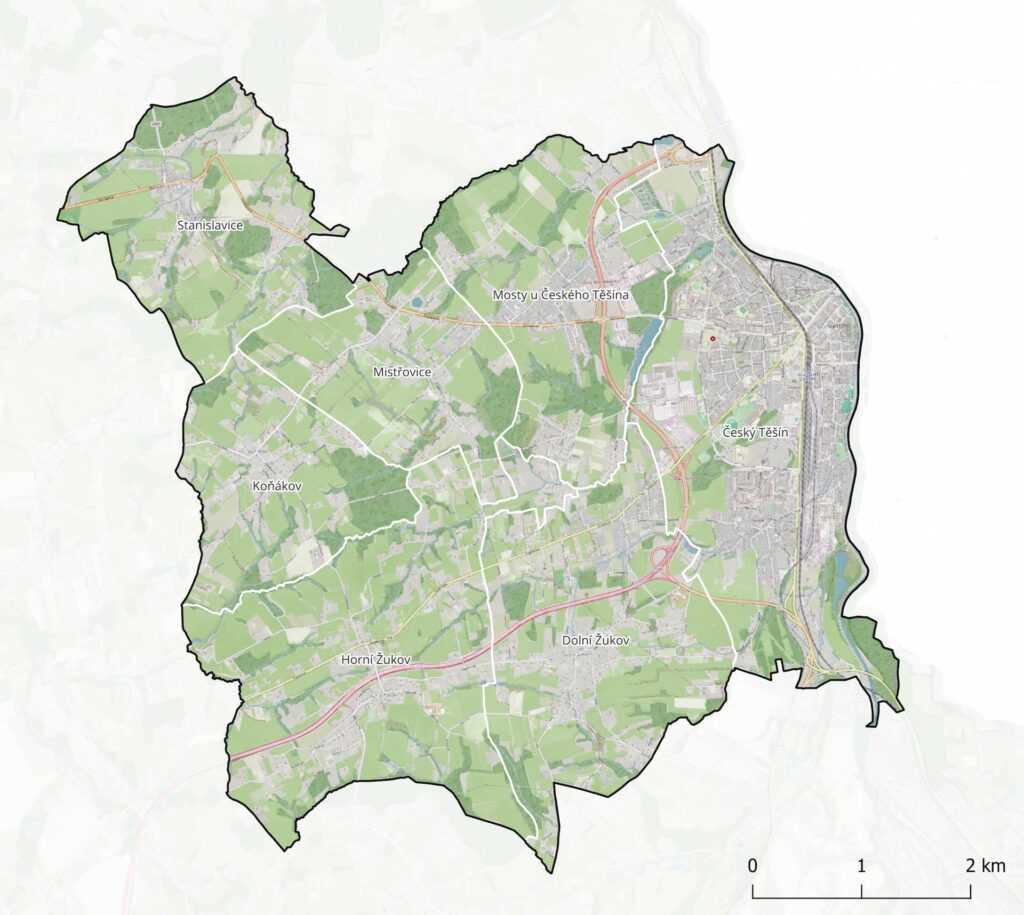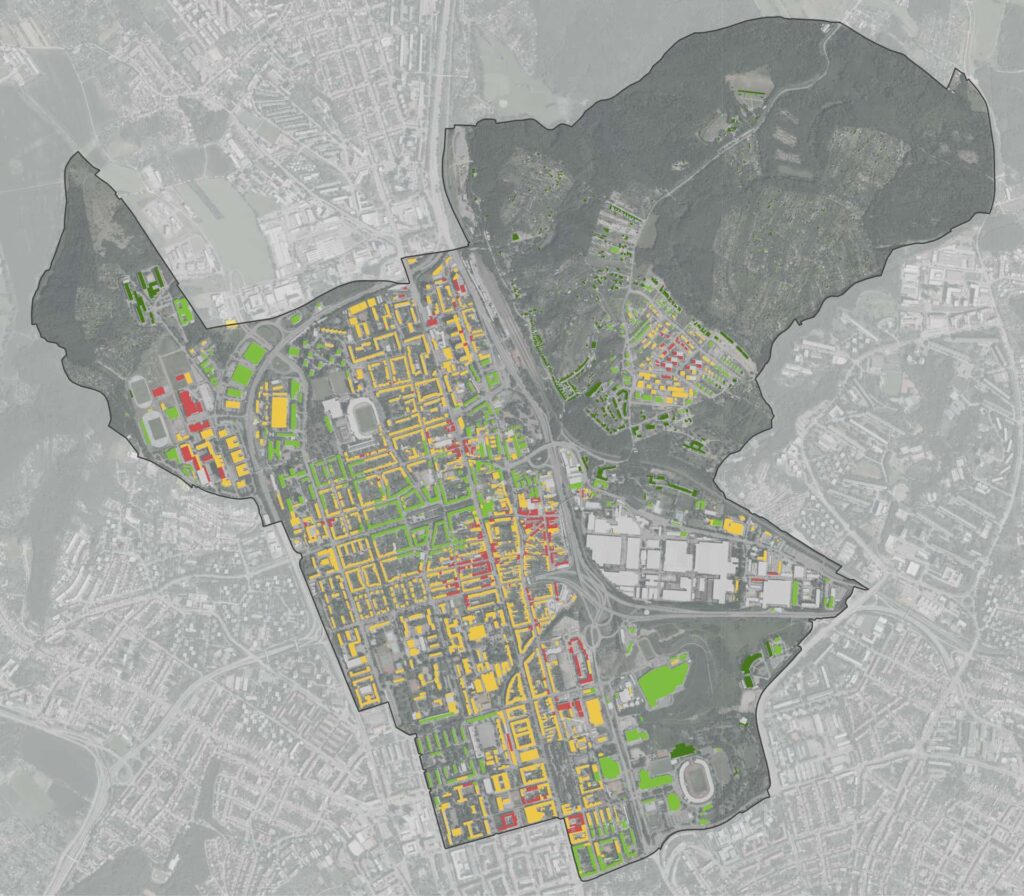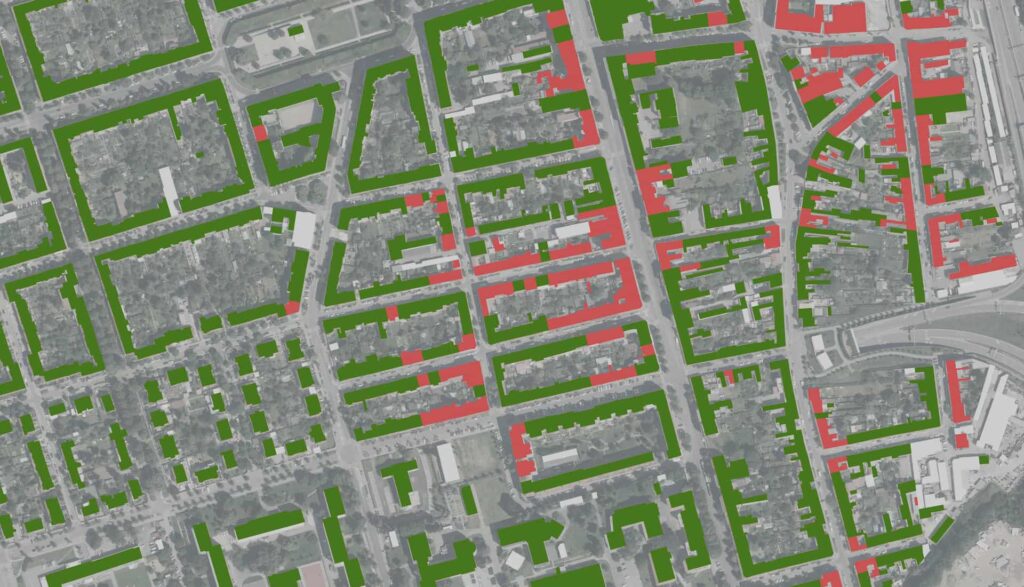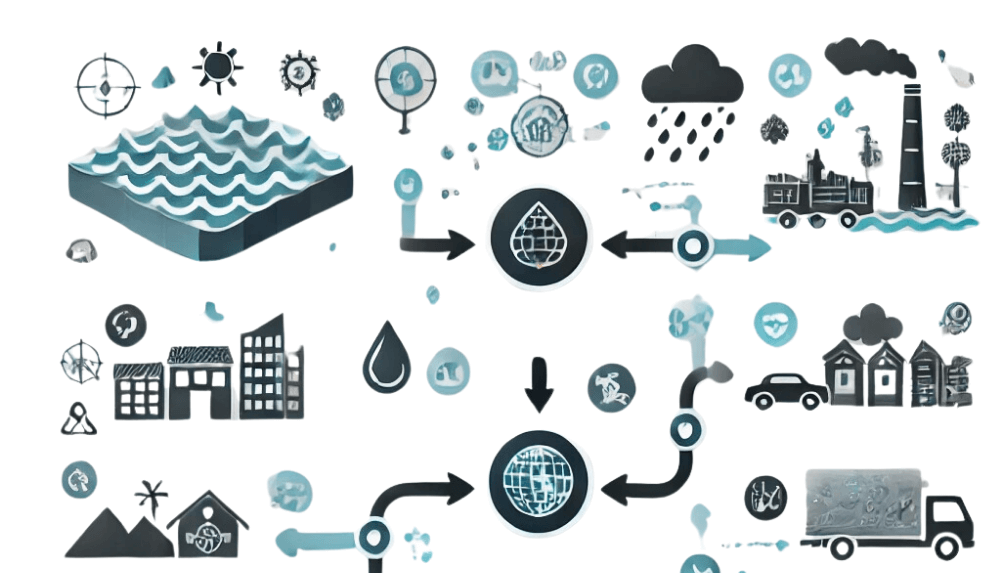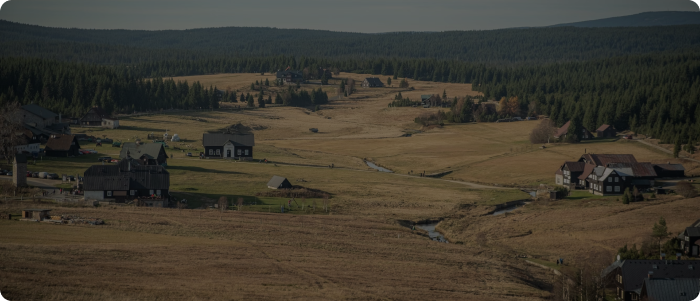Urban Heat Island is a phenomenon in which urban areas are warmer than their rural surroundings. The high number of anthropogenic surfaces and low vegetation cover in the streets contribute to overheating. The high concentration of rooftops, concrete and asphalt surfaces serve as heat accumulators creating a so-called urban heat island. The absorbed heat is emitted into its surroundings, contributing to the overheating of the residential zones represented.
The heat island is caused by:
- Heat absorption: Concrete and asphalt surfaces in cities absorb and retain more solar radiation than vegetation and natural surfaces in rural areas.
- Reduced vegetation: In urban areas, there are fewer trees and plants to provide shade and cool the air through evapotranspiration (the process by which plants evaporate water).
- Human activity: Heat is also produced by transportation, industry, and air conditioning, contributing to the overall temperature increase.
- Pollution: Emissions from vehicles and industry increase the concentration of greenhouse gases and other pollutants that trap heat in the atmosphere.
Consequences of the urban heat island:
- Increased energy consumption for air conditioning and cooling buildings.
- Deterioration of air quality with potentially negative impacts on human health.
- Higher temperatures cause an increase in health problems such as heat stroke or heat exhaustion.
- Negative impact on urban ecosystems and biodiversity,
Opportunities to mitigate the urban heat island:
- Increasing green spaces and planting trees in urban areas.
- Use of materials with high reflectivity (so-called cool roofs) and permeable surfaces for pavements and car parks.
- Promoting green roofs and facades on buildings.
- Reducing emissions from transport and industry by introducing clean technologies and improving public transport.





